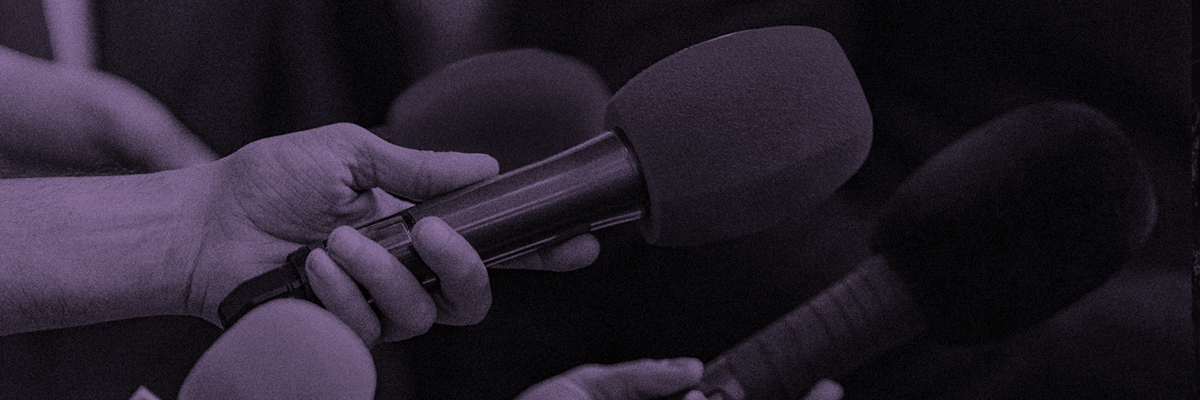- More than a third of Brits not confident they could pick out a compatible charger for an e-bike or e-scooter
- Experts warn that picking an incompatible charger could lead to ‘more than just heartbreak’ this Valentine’s Day
- Charity is calling for stronger regulation of e-bikes, e-scooters and their batteries to reduce the risk posed by battery fires
Brits are being warned they risk triggering the wrong kind of spark this Valentine’s Day if their e-bike or e-scooter charger and battery are incompatible, which could result in a blaze.
The warning comes as research by Electrical Safety First reveals more than a third of UK adults surveyed (39%) were not confident that they could pick out a compatible charger for an e-bike or e-scooter, in the event they had to buy one separately1.
Now, as Brits turn their attention to romantic compatibility this Valentine’s Day, consumer safety charity, Electrical Safety First, is urging e-bike and e-scooter owners and prospective buyers to ‘find the perfect match’ when it comes to their charger and battery or risk ‘the wrong kind of spark’.
The research also reveals that out of those who said they were not confident, those aged 35+ showed the highest levels of uncertainty when it came to picking out a compatible charger (86%)1 and women felt less confident than men (47% vs 32%)1.
Swipe left on incompatible chargers – the risk of a mismatch
Video footage from Electrical Safety First shows how devastating the consequences can be if a substandard battery is charged with an incompatible charger.
Using an incompatible charger can supply a battery with the wrong voltage, causing the battery to overheat resulting in an extreme and dangerous reaction called thermal runaway.
Thermal runaway can reach temperatures in excess of 700°C and causes the release of toxic chemicals and gases which can lead to severe damage and loss of life.
Love at first sight – how to find the perfect match
“Making sure you ‘find the perfect match’ when it comes to a charger for your e-bike or e-scooter battery is vital,” Giuseppe Capanna, product safety engineer at Electrical Safety First, commented. “Always ensure you’re using a compatible charger with your battery. If you need a replacement, or need to buy one separately, get it from the original manufacturer as incompatible or substandard chargers can increase the risk of a ferocious fire occurring by destabilising the battery if it’s not made to a high standard.”
“To charge your e-bike or e-scooter safely, follow the manufacturer’s charging instructions,” Giuseppe Capanna adds. “Avoid charging overnight as your reaction time is massively reduced in the event of a fire when you’re sleeping – and don’t charge your e-bike or e-scooter in an exit route like a hallway, landing or stairwell, as it can block your ability to escape.”
Calls for better regulation
Electrical Safety First has been campaigning for stronger regulation of products that pose risks to public health and safety if they are substandard – such as e-bikes, e-scooters and their batteries.
The charity is leading a campaign to introduce measures, such as third-party certification, to end manufacturers being able to self-declare their batteries are safe.
Other high-risk products, such as heavy machinery and fireworks, require third-party certification and Electrical Safety First believes e-bikes, e-scooters and their batteries should also be classified as high-risk.
The charity is also calling for improvements to standards for smart charging systems to reduce the risk of fires occurring in the event a non-compatible charger is used with a substandard battery.
Giuseppe Capanna comments: “As the Government’s Product Regulation and Metrology Bill progresses through Parliament, it is imperative it adequately tackles the complex issues surrounding lithium-ion battery fires. We urge the Government to introduce third party certification for e-bikes, e-scooters and their batteries, as well as new safety standards for conversion kits and charging systems, to reduce the risk posed by battery fires. Online marketplaces must also be better regulated, to prevent substandard products entering people's homes, which are often sold via third party sellers.”
ENDS
Notes to editors:
- ‘Not too confident’ and ‘not confident at all’ response combined.
- Electrical Safety First is the UK’s leading charity dedicated to reducing fires, injuries and deaths caused by electricity in the home.
- The research was conducted by Censuswide, among a sample of 2,000 nationally representative general UK consumers, aged 18+. The data was collected between 18.11.2024 - 20.11.2024. Censuswide abides by and employs members of the Market Research Society and follows the MRS code of conduct and ESOMAR principles. Censuswide is also a member of the British Polling Council.
